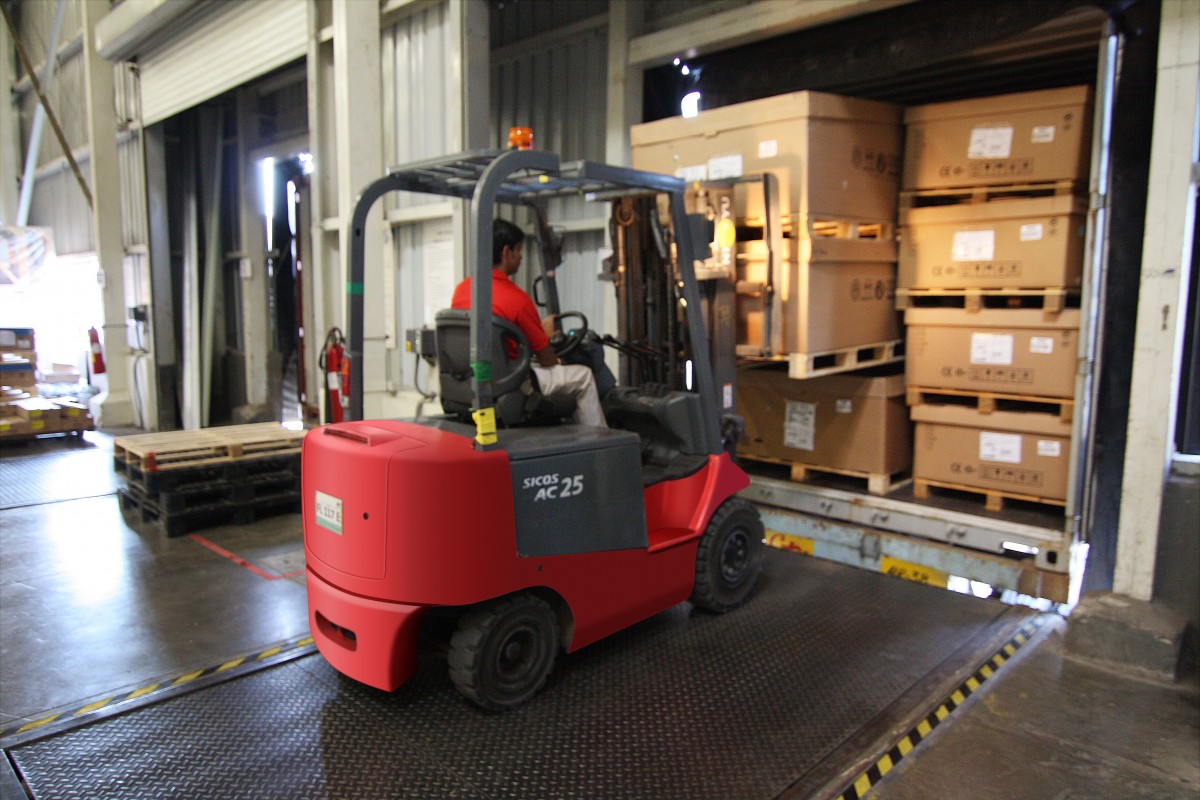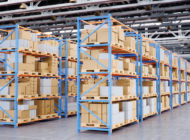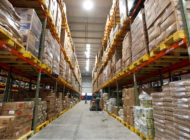Cross docking is an efficient process that saves both time and money by keeping products on the move. Some companies use cross docking services as part of their regular operations mix, while others turn to cross docking only when necessary. For just about any company, however, there are multiple scenarios in which cross docking can bolster your supply chain.
When to Use Cross Docking Services

Cross docking is a process that enables companies to transfer products from one truck (or railcar) to another truck. This occurs at a cross docking warehouse, though the products will only be stored for a short period of time – or storage may be skipped altogether. Cross docking leads to faster turnaround times and improved delivery performance as products can be quickly sorted and loaded onto outbound trucks for immediate delivery to customers.
In addition, cross-docking can help to optimize the supply chain by reducing lead times and eliminating unnecessary warehousing costs. It can also be useful in situations where there is limited warehouse space or resources, as it can maximize the use of available space and reduce the need for additional storage capacity.
Like many logistics solutions, cross docking can address a wide range of issues. Here are some of the most common:
- Your delivery is going to be early or late. Let’s say your products are being delivered to a major retailer, but your driver is going to be at least one day early. You can eat away at the driver’s productivity by having him or her wait. Or, you can get that driver back on the road by delivering to a cross docking provider that can store the product temporarily and deliver at the appointed time. The same holds true when a driver is late for an appointment as the provider can perform storage, rescheduling/coordination with the retailer, and delivery on your behalf.
- Your goods are arriving in a container. At Kanban, we handle drayage services for leading retailers. Here’s how it works: we receive your container at the port, take it to one of our warehouses for unloading, return the empty container back to the port quickly, and then temporarily store and prepare your product for on-time delivery to your retail partners.
- You have mixed freight on a trailer. Sometimes, a trailer may be loaded in a sub-optimal way where the first pallets that need to come off are sitting behind other pallets. In this case, the driver can unload the pallets that aren’t yet needed at a cross dock facility, deliver the pallets that need to be delivered first, and then come back to the facility to pick up the remaining pallets.
- Your truck is overweight. If your vehicle is overweight or over-axle weight, a cross dock services provider can shift your load or unload items to keep you compliant.
- You have loads coming in from multiple vendors, all from different places. In this case, , you can have them shipped to a cross docking provider that can combine shipments into one delivery.
- You are using intermodal transport. Many cross-dock facilities are equipped with rail siding that allows boxcars to unload straight into the building for storage and loading onto a truck. In addition to rail siding, some providers like Kanban also have a transload yard that can receive center-beam railcars.
- You are shipping temperature-sensitive items. Many providers of cross docking services have both climate-controlled warehousing space (including temperature-controlled docks) and reefer trailers to keep your temperature-sensitive products within spec every step of the way.
What to Look For in a Cross Dock Provider?
When looking for a cross-docking warehouse provider, there are several factors to consider to ensure that the provider is a good fit for your business needs. Here are some key considerations:
- Location: Look for a provider that is strategically located near your suppliers, customers, or major transportation routes to minimize transportation costs and reduce lead times.
- Capacity: Ensure that the provider has the necessary capacity to handle your expected volume of goods and can accommodate any special requirements, such as temperature-controlled storage for perishable items.
- Technology: Look for a provider that uses modern technology such as warehouse management systems (WMS), automated material handling equipment, and tracking systems to ensure efficient and accurate handling of your goods.
- Staff expertise: Ensure that the provider has experienced staff who can handle the cross-docking process efficiently and effectively.
- Safety and security: Look for a provider that has strict safety and security protocols in place to ensure the protection of your goods and minimize the risk of theft or damage.
- Flexibility: Ensure that the provider is flexible and can accommodate changes in volume or requirements as your business needs evolve.
- Reputation: Look for a provider with a strong reputation in the industry, with positive reviews and references from other customers.
By considering these factors when selecting a cross-docking warehouse provider, you can ensure that you choose a provider that meets your business needs and can help you optimize your supply chain .
Kanban Logistics for Cross Docking Services
Kanban’s cross docking facilities are located in Eastern North Carolina with access to rail and major interstate highways (I-95, I-40, and I-85). We provide cross docking services in North Carolina within multiple industries and are a provider of choice for top retailers in the region. To learn more about our services, contact us today.



